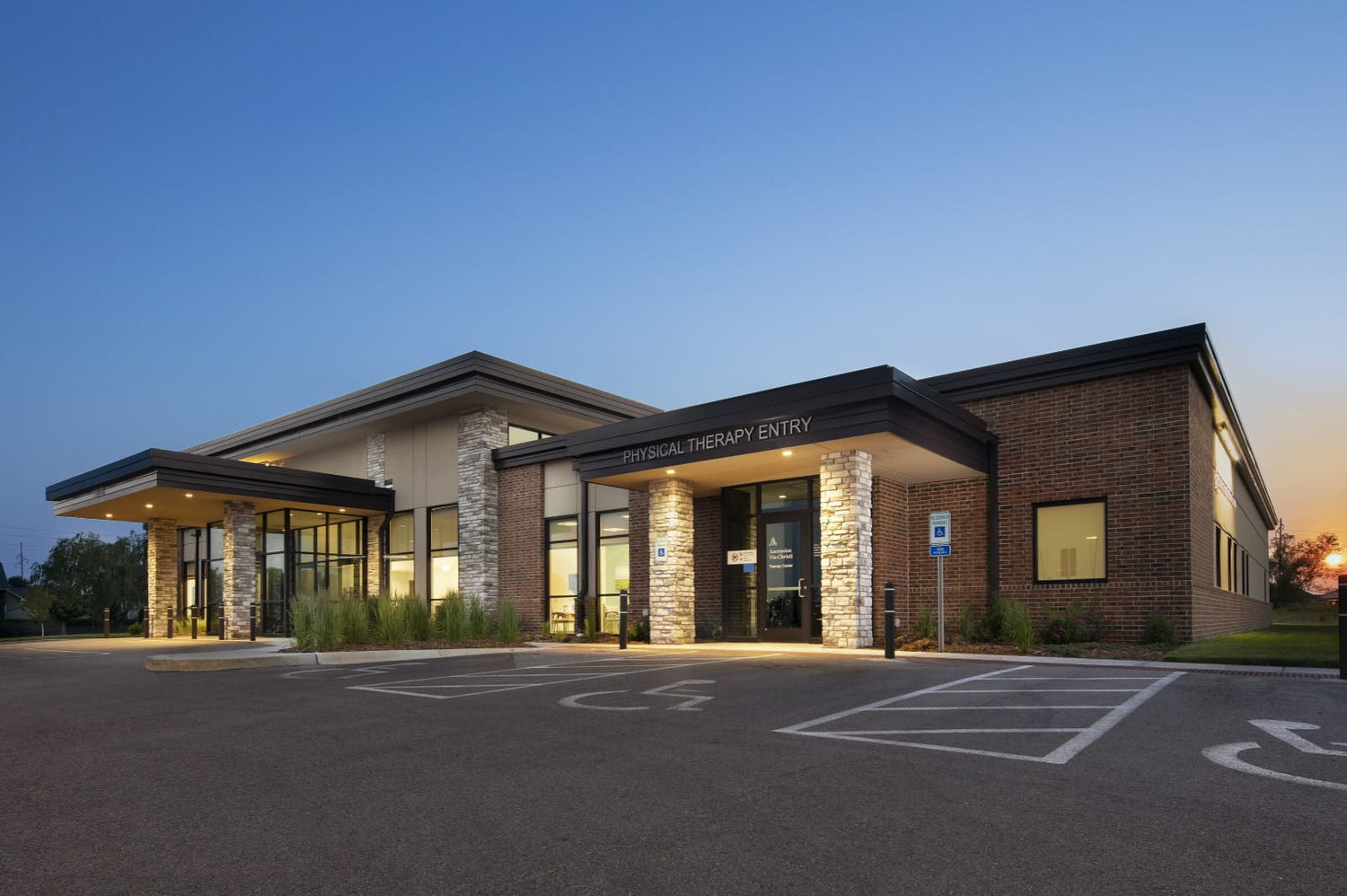Introduction: Investing in Commercial Real Estate (CRE) can be a game-changer, but it’s not without its challenges—especially for first-time investors. Have you ever wondered what separates successful CRE investors from those who struggle? In this post, we’ll explore the top mistakes new CRE investors make and provide actionable strategies to help you avoid them. Whether you’re just starting or looking to sharpen your skills, learning to navigate these pitfalls will set you up for long-term success.
Table of content
Failing to Do Proper Due Diligence
What It Is:
Due diligence is the thorough investigation of a property before making a purchase. Many new investors rush into deals without understanding the full picture, which leads to costly surprises.
Why It’s a Problem:
Skipping or doing a half-hearted due diligence process can result in hidden issues like deferred maintenance, zoning violations, or unfavorable lease terms. These problems can severely impact your profitability.
How to Avoid It:
- Hire professionals: Work with experienced brokers, inspectors, and attorneys to review every detail.
- Review financials and leases: Ensure that the property's income aligns with your investment goals.
- Inspect thoroughly: Always conduct a full physical inspection to identify any hidden costs.
Real-Life Example:
An investor skipped a zoning review on a retail center purchase, only to find that one of the primary tenants was operating outside of zoning regulations. The resulting legal issues led to tenant turnover and financial loss. Thorough due diligence would have uncovered this issue early.

Over-leveraging and Financing Mistakes
What It Is:
Over-leveraging occurs when an investor takes on too much debt relative to the property’s value. Financing mistakes, such as securing unfavorable loan terms, can also hurt your cash flow.
Why It’s a Problem:
Taking on too much debt can lead to negative cash flow, especially during periods of vacancy or economic downturn. Financing with high interest rates or hidden fees can reduce profitability.
How to Avoid It:
- Conservative LTV ratios: Keep your loan-to-value ratio at a manageable level to avoid over-leveraging.
- Understand loan terms: Make sure you fully understand interest rates, amortization schedules, and potential prepayment penalties.
- Plan for downturns: Have a cushion in place for economic downturns or unexpected vacancies.
Real-Life Example:
A new investor borrowed 90% of a multi-family property’s value. When vacancies increased, they couldn’t meet the loan payments and had to sell the property at a loss.

Neglecting Property Management
What It Is:
Property management involves maintaining the property, dealing with tenants, and ensuring smooth daily operations. Many first-time investors underestimate the time and effort required to manage commercial properties.
Why It’s a Problem:
Poor management can lead to higher vacancy rates, frustrated tenants, and a decrease in property value. Deferred maintenance can also cause larger, more expensive issues down the line.
How to Avoid It:
- Hire a property management team: Invest in professional management to handle tenant relations, maintenance, and rent collection.
- Routine inspections: Regularly inspect the property to catch and address issues early.
- Set clear expectations: Establish a property management plan that includes strategies for vacancies, repairs, and tenant relations.
Real-Life Example:
An investor tried to manage a large office building alone, failing to address tenant complaints and maintenance. The building's reputation suffered, and the vacancy rate skyrocketed. Professional property management would have prevented these issues.

Misjudging Market Trends and Location
What It Is:
Location is key in Commercial Real Estate, but many new investors focus too much on the property itself, overlooking the importance of market trends and future growth.
Why It’s a Problem:
Investing in the wrong location can lead to poor returns and difficulty attracting tenants. Market conditions can change quickly, and an area that looks promising today might not deliver in the long run.
How to Avoid It:
- Research the market: Analyze local demographics, employment rates, and infrastructure development.
- Look for future growth: Identify areas with potential for growth, such as upcoming infrastructure projects or new developments.
- Diversify: Spread your investments across different markets to reduce risk.
Real-Life Example:
An investor bought a retail strip in a declining area, thinking the property was undervalued. However, the area continued to decline, and tenant demand dropped sharply. A deeper look at local market trends would have saved this investor from a poor decision.

Ignoring Key Metrics Like NOI and Cap Rate
What It Is:
Net Operating Income (NOI) and Capitalization Rate (Cap Rate) are two of the most important financial metrics in CRE. They provide insight into a property’s profitability and market value.
Why It’s a Problem:
Without understanding NOI and Cap Rate, investors risk overpaying for a property or underestimating operating costs. Ignoring these metrics can lead to poor financial performance and lower returns.
How to Avoid It:
- Calculate NOI: Know the property’s actual income after expenses to accurately assess its profitability.
- Evaluate Cap Rate: Use Cap Rate to compare properties and determine whether you’re getting a good deal.
- Consider the long-term: Look at how NOI and Cap Rate could change with improvements or market conditions.
Real-Life Example:
An investor purchased an apartment building without calculating the NOI accurately. High operating costs resulted in much lower returns than expected. Understanding NOI and Cap Rate would have given them a clearer picture of the property’s profitability.

Conclusion: Learn from These Mistakes and Succeed
Avoiding these Commercial Real Estate mistakes will set you up for success as an investor. Whether it’s conducting proper due diligence, avoiding over-leveraging, or understanding key financial metrics like NOI and Cap Rate, these strategies will help you make smarter investment decisions.
Ready to take the next step in your CRE journey? Join our free Facebook group for exclusive tips, or dive deeper into our courses and 1-on-1 coaching for personalized guidance that can take your investments to the next level.

Check out recent blogs that can help you with Commercial Real Estate Investing...
 Commercial Real Estate Investing
Commercial Real Estate Investing
Building a Winning Team for Your First Commercial Real Estate Deal: Essential Experts for CRE Success
 Commercial Real Estate Investing
Commercial Real Estate Investing
Why Location Matters in Commercial Real Estate: Key Factors for Choosing the Best Investment Locations
SEO Keywords:
- Commercial Real Estate Investment Mistakes
- CRE Due Diligence Tips
- Avoiding Over-leveraging in CRE
- Property Management for New Investors
- Market Trends in Commercial Real Estate
- Understanding NOI and Cap Rate
- CRE Investment Strategies




